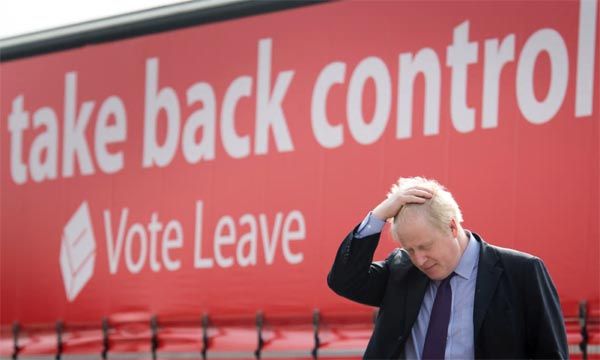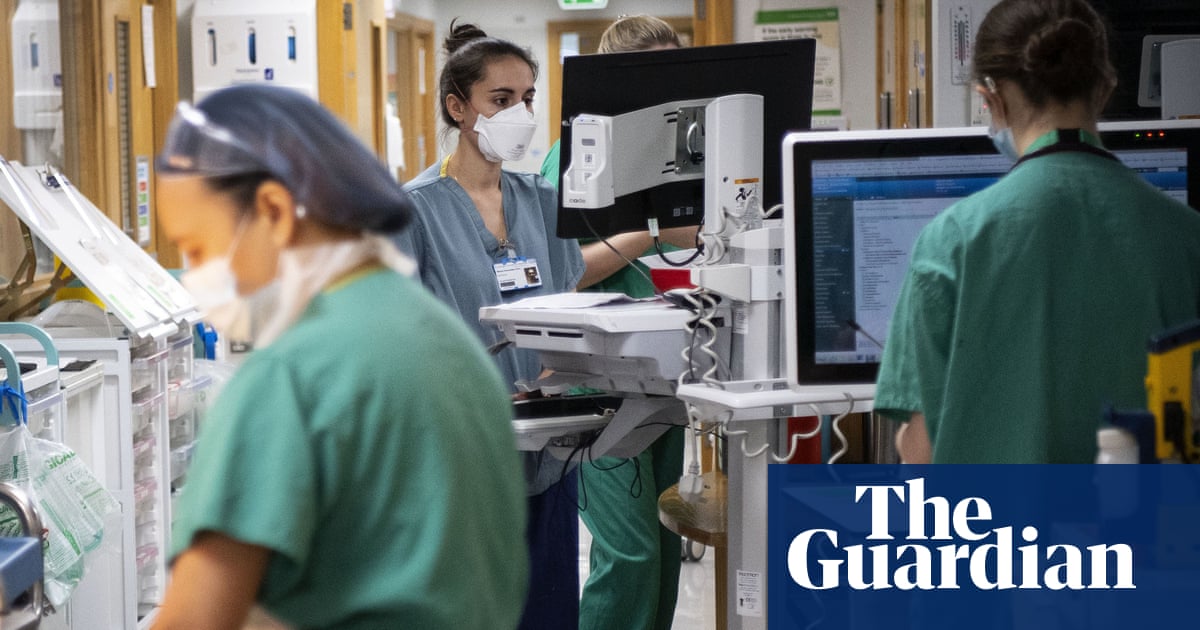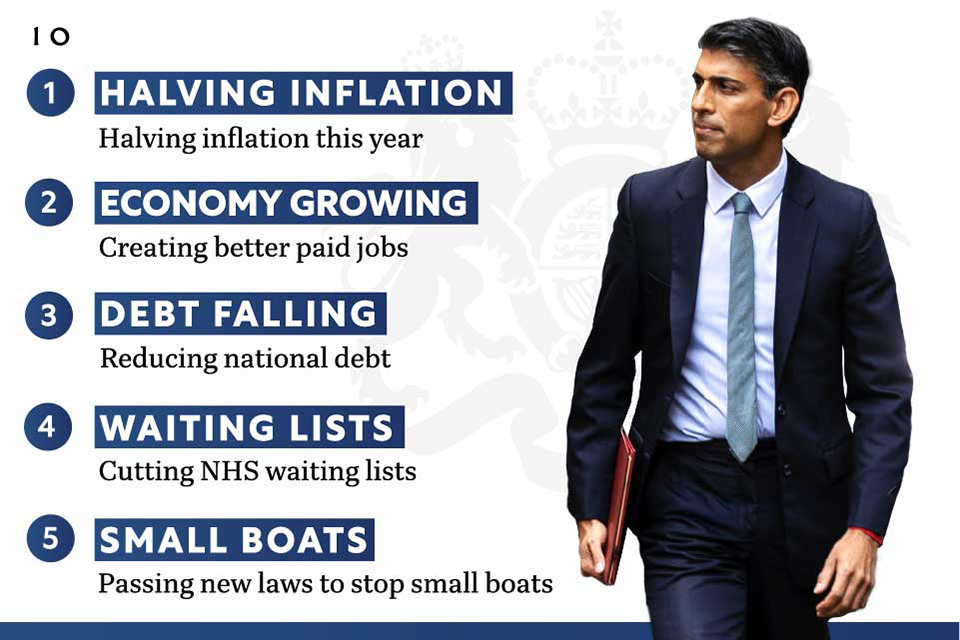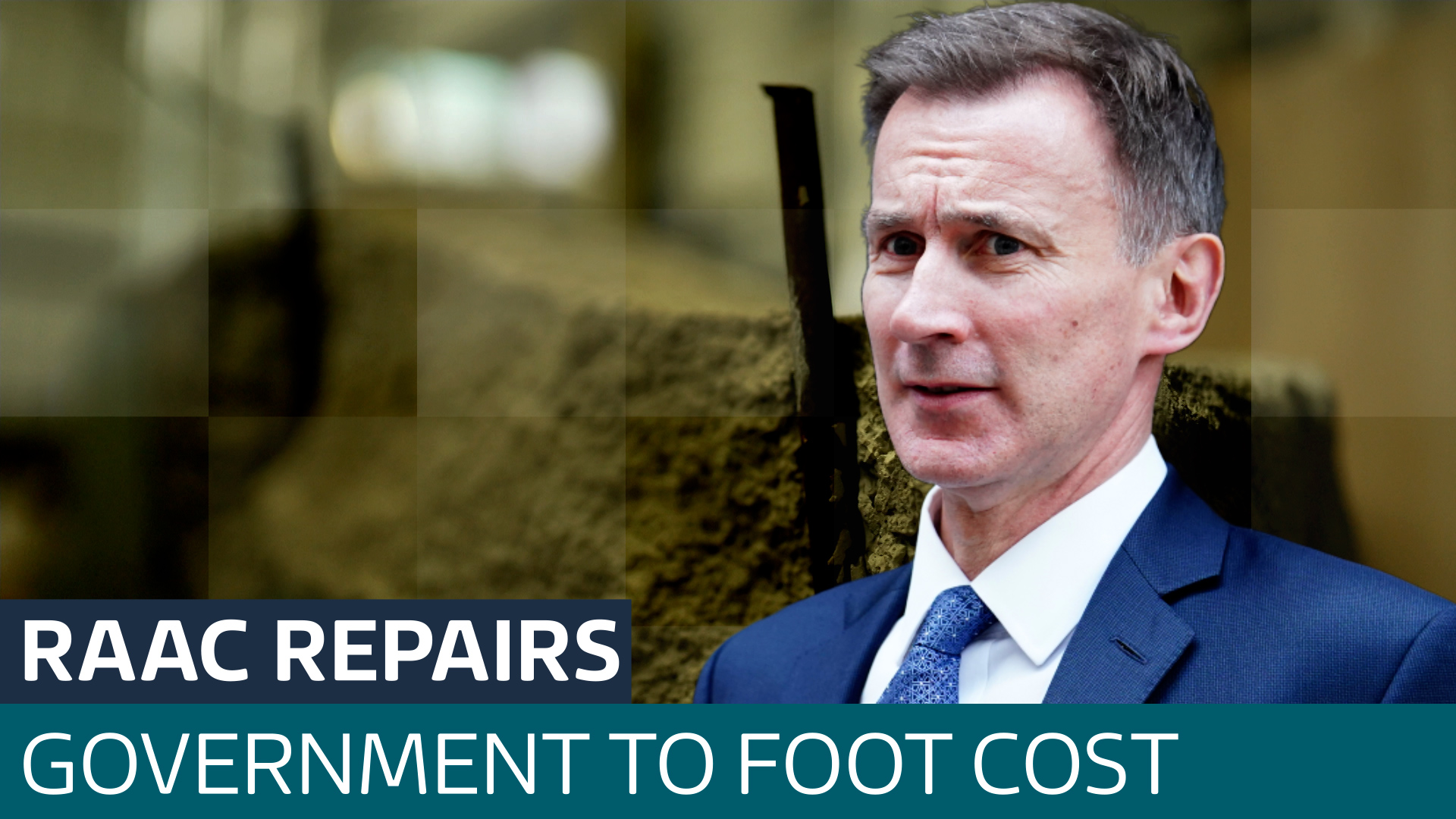Cowper’s Cut 286: The Silly Season is over, as The Stupid Season begins

You know that the 'Silly Season' marking the end of August, and of what has passed for summer, is upon us when the struggle for the NHS narrative reasserts itself in the national media.

Labour's shadow health secretary Wes Streeting rejoined battle with this piece in the Boris Johnson Fanzine, in which he states, "the NHS exists to serve its patients. It’s in the name. To serve patients means to provide them with the healthcare they need in a way that suits them.
"Increasingly, patients are instead made to bend their lives to suit the health service. Fewer patients today are able to see the doctor of their choice, making do with whoever is available ...
"Patients are mainly told when their appointment will be and whether it will be in person, over the phone, or via video, rather than choosing what works best for them.
"Why should someone who prefers to see their GP face-to-face have to make do with a phone call? A public service shouldn’t be telling the public, “like it or lump it”.
"Labour will give back patients control over their own healthcare." Ah. The resumption of control: that always works well as a political slogan, inevitably leading to really good things.

So how will this work in practice? Streeting admits that there has been a fall in GP numbers, and promises to train more, which will be lovely in a decade's time.
But in the here and now?
Well, it's a retention strategy, apparently: "as well as giving patients the choice of how they see their GP, Labour will bring back the family doctor, so patients can see the same GP at each appointment if they choose to.
"GP practices will be provided with incentives to offer patients continuity of care so that more patients can see the same clinician each time. GPs value this relationship with their patients. Give GPs the tools to build a meaningful relationship with patients and more will stay in the job."
I mean, it's fairly faith-based, is that. GPs are cutting their hours/days worked because the job is utterly un-do-able with the rise in demand of recent years. Will increasing continuity of primary care in a service with 7.5 million healthcare needs on the RTT waiting list make the GPs' jobs more do-able?
The proposal is interesting, but costly (where does this incentivising new money come from) and appears to be based on faith rather than evidence.
We also get a preview of the attack lines that Mr Streeting will be hammering home over the coming months: "Rishi Sunak and Steve Barclay are in too weak a position to stand up for patients’ interests. Having driven them out on strike, ludicrously accused nurses of playing into Putin’s hands and now blaming doctors for their own failure to cut waiting lists, the Conservatives have lost the trust and confidence of NHS staff."
How, then, will this be funded?
Stable door closure

On the subject of the Countess Of Chetser paediatric nurse serial killer, Streeting also told The Guardian that "NHS leaders have enormous responsibility for the health of their patients, yet currently face less regulation than bank managers. To protect patient safety, this must change.
Labour claims
Team Streeting also sought to get media traction with modelling claims of 120,000 people dying on NHS waiting lists. It was briefed to the usual hysterics.

So, to use the classic Tim Harford formulation, is that a big number?
Both Steve Black and Charles Tallack of the Health Foundation point out that the numbers in question are in broad line with what would be expected, given a 7.6 million RTT list.
Strikes
The BMA junior doctors ballot on further industrial action over pay was won by an unambiguous landslide.
On a 71% turnout, 98% voted to continue industrial action.(less than 2% voted against).

So the various articles in those national media outlets favourably disposed to the Conservative And Unionist Party predicting despair and disillusionment among the rank and file BMA membership have proven to be nonsense.
What a surprise.
The Banker's response? He wrote, "my door is always open to discuss how we can work together with NHS staff to improve their working lives.
I mean ... an approach of “my door is always open to talks BUT NOT ABOUT PAY!” is a niche approach to an industrial dispute that is about pay.
10/10: no notes.
Ho ho ho. The pay award is, of course, not final.
I wish it could be Christmas every day
On Tuesday 19 September, consultants will deliver 'Christmas Day' levels of staffing only (meaning that while emergency care will be provided, no elective care should take place), while junior doctors will work as usual.
On Wednesday 20 September, both junior doctors and consultants will deliver 'Christmas Day' levels of staffing only. This will be followed by a full walkout of junior doctors on Thursday 21 and Friday 22 September. Consultants will return to work as usual.
Then in October, both consultants and junior doctors providing 'Christmas Day' levels of staffing only, from 2 - 4 October inclusive. On 3 October, the BMA will also hold a national rally in Manchester - on the doorstep of the Conservative And Unionist Party Conference.
BaffledWatch, with Steve 'The Banker' Barclay
Secretary Of State For Looking Baffled, Steve 'The Banker'Barclay took to Twitter (no, of course I'm not calling it 'Kiss') to express his disappointment about the BMA announcement: he claimed that "we've worked at speed to ensure this month around 150,000 NHS doctors including doctors in training & consultants will start receiving the fair pay rise recommended by the independent pay review bodies — above most public & private sectors pay rises."
It is, naturally, unlikely that the Department For Health But Social Care had any input on how quickly a new pay award (that doctors deem inadequate) was paid.
The Banker continued, "I’ve been clear this pay award is final and I urge the BMA to end its callous and calculated strike action.
Well, it's a point of view.
Attributing motives to doctors such as these here, by a Government that has done nothing about the RAAC problem in NHS buildings (indeed, NHS capital budgets have been raided for the last 13 years), is even more stupid.

Of course, the big picture is that anyone trying to run a health service (and in particular, making pledges about its performance) cannot possible afford to be at war with their workforce, which The Banker and his boss PM Rishi ' The Brand' Sunak reveal themselves as content to continue doing.
Only 11% of the UK working population being NHS staff can save us now

The IFS's Ben Zaranko and Max Warner write that The NHS Long-Term Workforce Plan "aims to increase the number of staff employed by the English NHS from around 1.5 million in 2021–22 to between 2.3 and 2.4 million in 2036–37. This would be equivalent to average growth in the size of the NHS workforce of between 3.1% and 3.4% per year.
"For context, we estimate that NHS staffing numbers grew by around 1.1% per year between 2009–10 and 2019–20.
"If this increase in the NHS workforce is delivered, we estimate that almost half (49%) of public sector workers in England will work for the NHS in 2036–37, compared with 38% in 2021–22 and 29% in 2009–10.
"By 2036–37, we estimate that one in 11 (9%) of all workers in England will work for the NHS, compared with one in 17 (6%) in 2021–22 and 2009–10.
"While the plan included £2.4 billion of additional funding for the training of new staff, it did not consider the (much larger) medium-term implications of this large increase in staffing for the NHS paybill, nor the required increase in other inputs if the NHS is to treat substantially more patients.
"This will mean difficult fiscal decisions at future Spending Reviews."
Spoiler alert: this set of predictions really won't happen.
Why not?
Ah. The problem is that this piece in premised on the idea that the Conservative And Unionist Party's implausibly tight spending plans beyond 2023-24 ever happen.
They won't.
Because there won't be a Conservative And Unionist Party government beyond that point, and however fiscally 'responsible' Labour feels it must cosplay for the time being, the utter brokenness of absolutely everything in the public realm is going to change things, whether Sir Keir Starmer and Rachel Reeves likes it or not.
RAAC - a structural and architectural problem which has been widespread knowledge in the NHS for some years now - is almost the perfect metaphor. The public sector is crumbling from within. It can no longer safely bear the weight, and it is in imminent danger of collapsing in some places.
Then there are the LTWP's assumptions about pay progression, which put the word 'heroic' under a strain with which emergency departments who experienced the peaks of Covid19 demand would empathise.
The IFS analysis assumes that the NHS England LTWP expansion can be met inside long-run average NHS funding growth of 3.6%. Then you examine the underlying assumptions, and, well, ouch.
Productivity growth of 1.5-2% (long-run norm much nearer 1%, usually achieved by cheating; especially the 1.2% increase 2009-19, which was largely down to pay restraint and tariff reductions).
Then, the IFS central scenario suggests that NHS wage growth will keep pace with the rest of the economy, in very much the way that it hasn't for the past fifteen years, which is driving the rather obvious industrial dispute about pay. (And in the light of which, the IFS 'low scenario' seems fundamentally unlikely.)
The IFS scenario-making also assumes that agency spending will go to 0% over the next 15 years.

That is ... quite the assumption, given the current state of NHS agency spending.
Chancellor Jeremy Hunt complains about under-resourced NHS management in BJF article

Chancellor Of The 'Whatever RAAC Takes' Exchequer (and former Health Secretary and Health Select Committee chair) Jeremy Hunt launched a heroic campaign for better resourcing for NHS management in his opinion piece for the Boris Johnson Fanzine.

Mr Hunt wrote, “Frontline staff across our public services work incredibly hard – they’re dedicated to serving the public. And yet, they face spending hours of their working week on administration – tied up in bureaucracy. We can put an end to this waste.
"It does mean work for departments to track the admin burden and find ways to alleviate it. But it also means getting our frontline heroes back to the work they want to be doing."
It's heartening to see our old chum Mr Hunt making the case for significanly better-organised and adequately-resourced NHS management. He must have read the Institute For Government's excellent publication on NHS productivity by Sam Freedman and Rachel Woolf.
As Mr Hunt knows, the Lansley reforms' 40% cut to NHS management had a profoundly deleterious effect on the health system. The Lansley reforms fully kicked in in 2012-13: within 18 months, the NHS started missing most of its national targets, on largely flat revenue funding. In time, this became all of them being missed.
Of course, the collapse of social care post the 2010 decade's austerity 40% cut to central government funding for local government didn’t help.
New (If Fictional) Hospitals Programme delivery delay. Yes, really.
The NIFHP team have started their briefing campaign, telling i News that the Government "appears to have "abandoned hope" of any progr3ess being made before next year".
What's going on here is not complicated. The delays and diversion tactics to prevent funding being released in a timely way have been an open secret in the NHS for some time.
This is a common-or-garden attempt by those in (or consulting to) the NIFHP to bounce the current administration into action. It won't work, because a Government that knows it is going to lose office next year is not going to do anything that might possibly help its successor.
Babylon go down the drain

It's not a surprise, but Aloytius Parsadoust's failing Babylon finally stopped Circling the drain and left the building.
How long until Aloytius' next comeback? Lazarus Health cannot be far away.
EveryGrifter update
"How much do you know about NHS privatisation?", asks EveryGrifter's chief grifter 'Dr' Julia Grace Patterson.
Yes, it's just as bad as you'd expect.
Recommended and required reading
Good piece by Barry Mulholland on why outpatient care is stuck in the 1950s.
The Times reports on the pharmaceutical industry learers' unhappiness about the new NHS pricing proposals.
Effectuality-free exiting think-tank leader and former DHBSC civil servant Richard Murray on why financial illiteracy is the way forwards.
Financial Times report on Centene exiting the UK healthcarre market virtually states that they planned anti-competitive behaviour.







